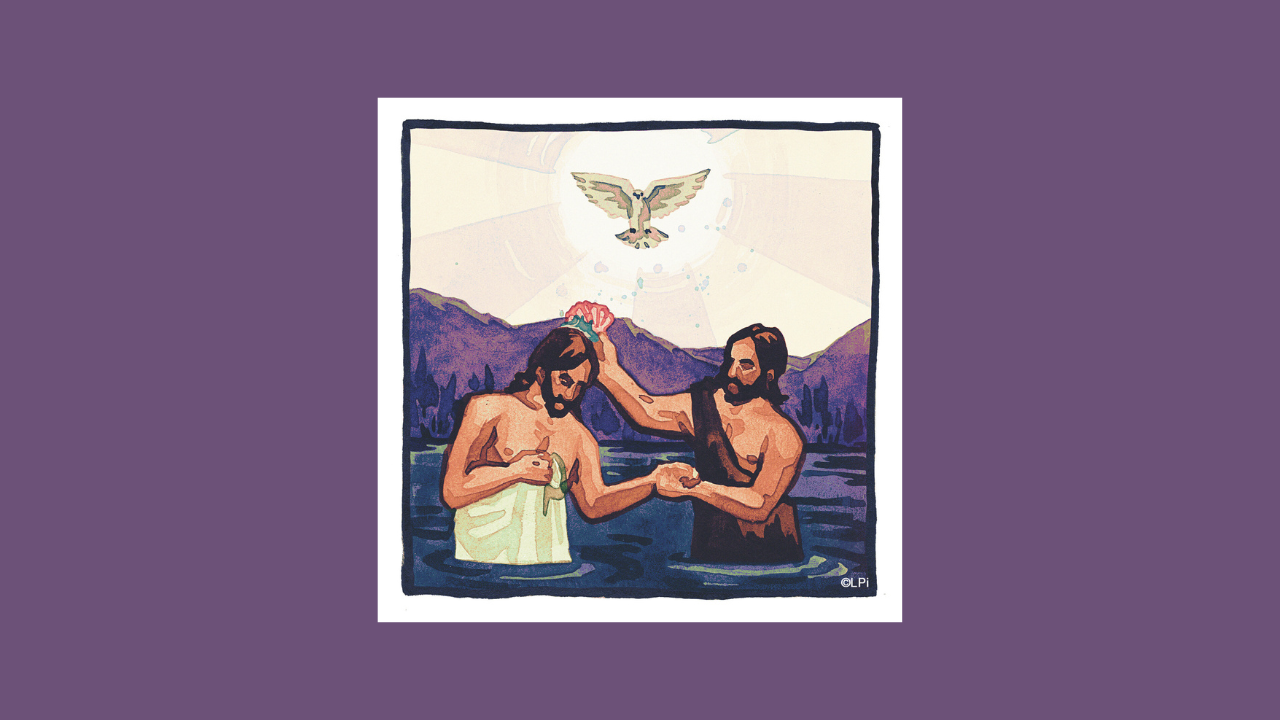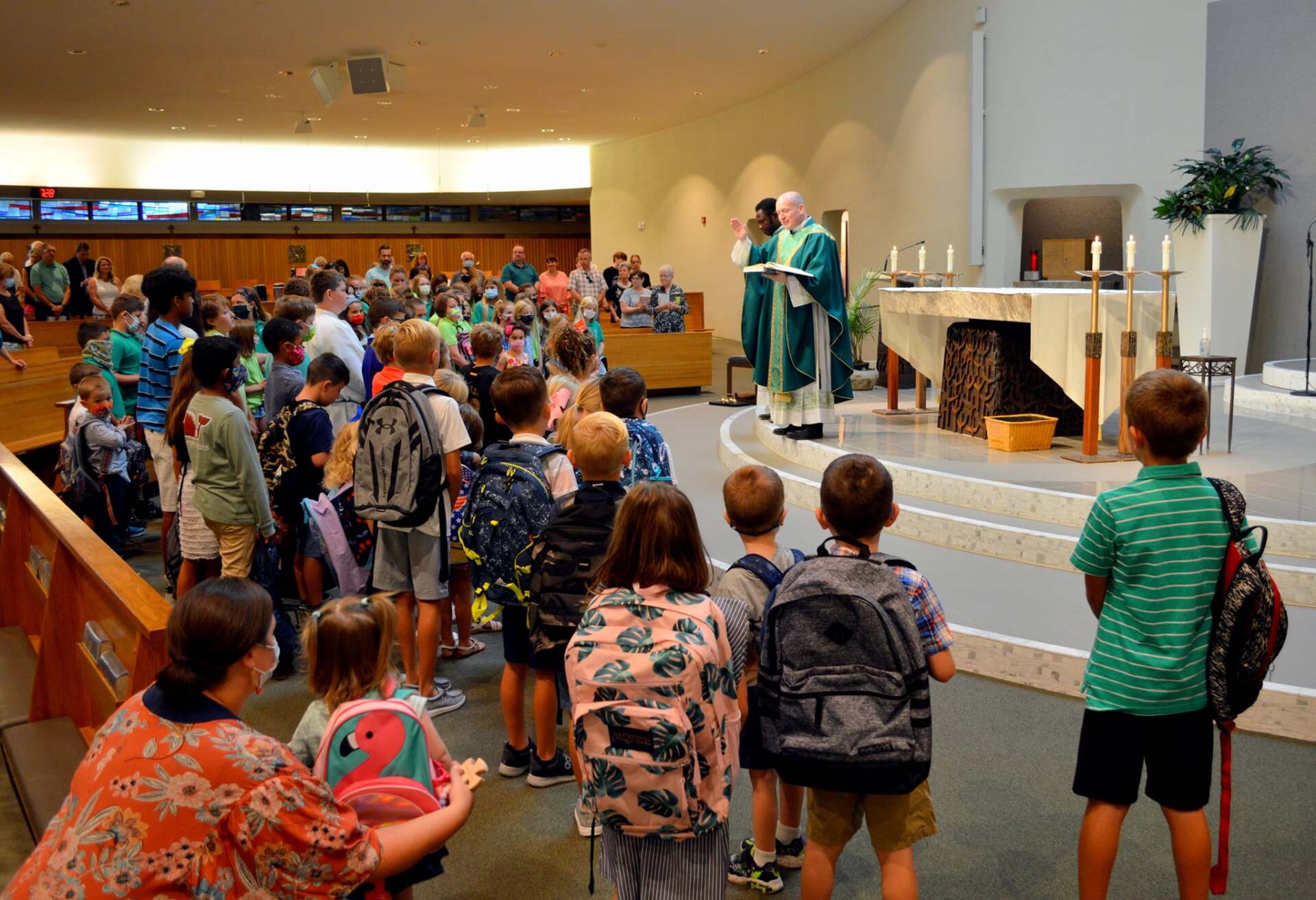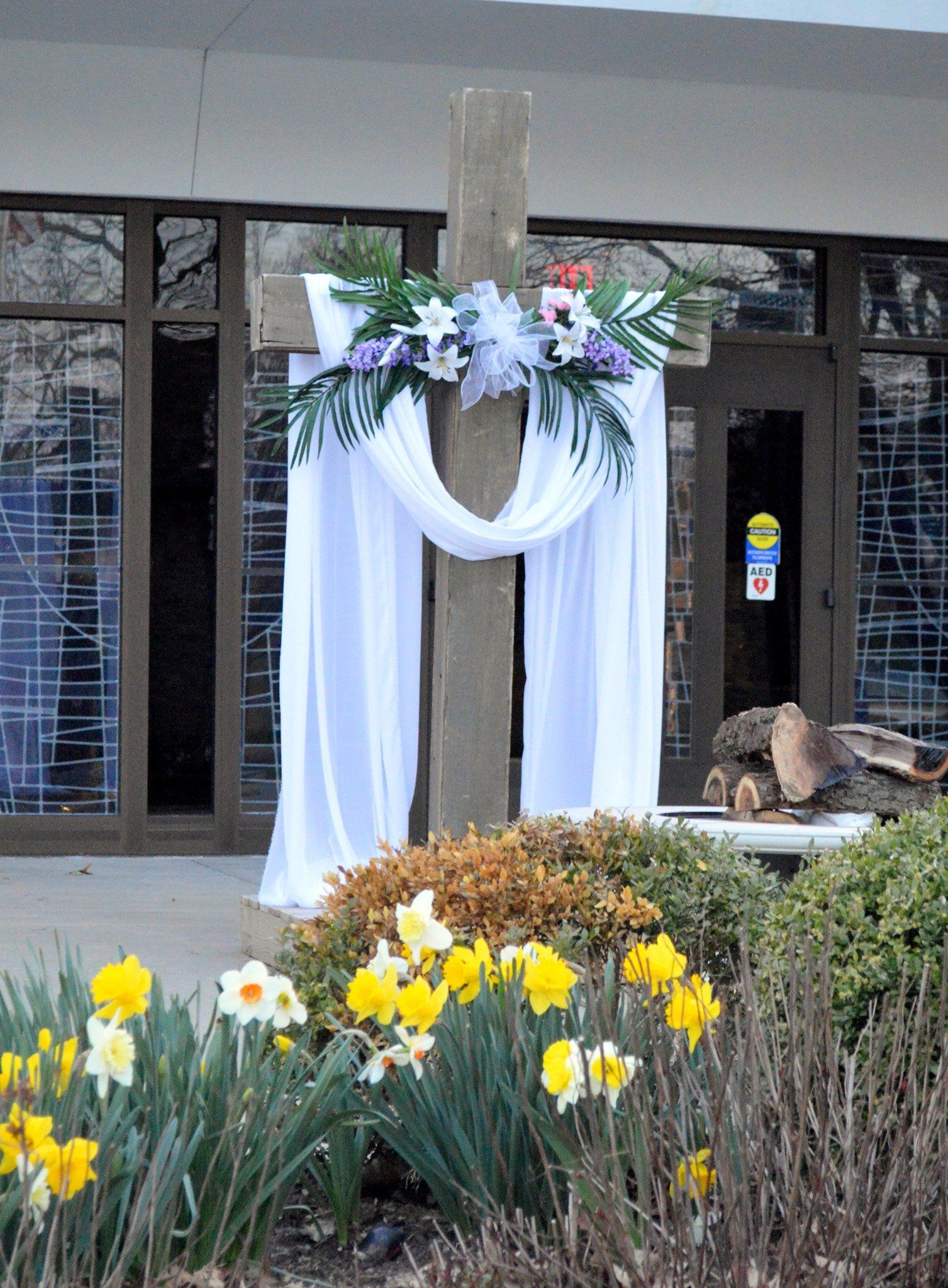“And He shall reign forever and ever.”
Revelation 11:15
Since 1963, Christ the King Parish has been a source of God’s love and grace for the west side of Springfield, and the greater community. Through love of God and neighbor in prayer, service, formation, and hospitality, we seek to be active coworkers with Christ our King in building-up his kingdom. We hope that you will find this website helpful. Please contact us for further information or assistance.
God bless you!


Mass Times
Saturday Vigil: 4:30pm
Sunday: 8:00am, 10:00am, 5:00pm
Daily Mass:
Monday thru Friday: 7am
Office Hours
Monday thru Friday: 8am - 4pm
Confession:
Monday - Friday: 6:30am - 6:50am
Saturday: 3:00 - 4:00pm
Sunday: 4:00 - 4:45pm
Eucharist Adoration:
Wednesdays from 12:30pm - 5:00pm
Quick Links
Click on the button to view our Bulletins:
Sign up for our Parish E-Mail News!
Ministry Scheduler Pro
PSR
Parish School of Religion
Our Parish School of Religion (PSR) classes in September of 2025
Live Streaming at Christ the King
The live streaming will be on YouTube.
Please click here to visit our
Christ the King Parish YouTube Channel
Our YouTube channel name is
Christ the King Parish Springfield IL
Recordings of the videos will also be posted.
Schedule for Live Stream
Saturday 4:30 p.m. Mass










